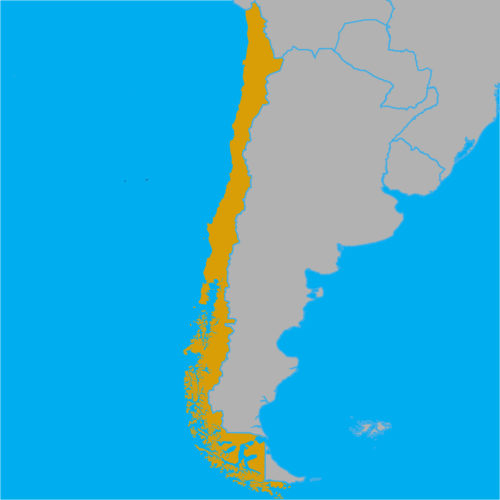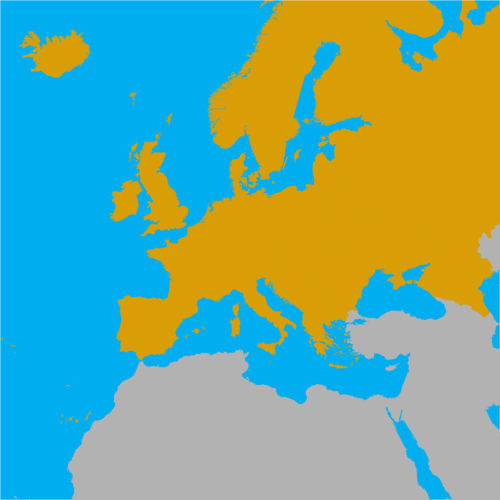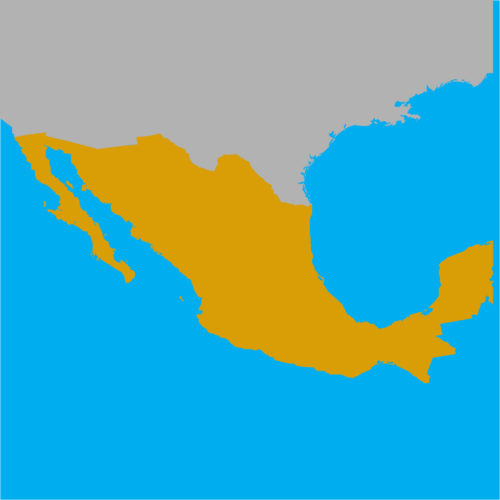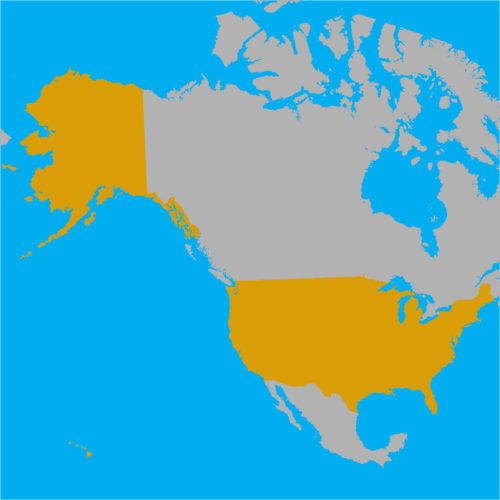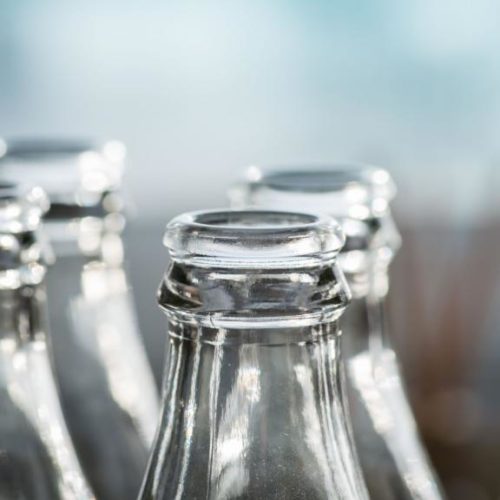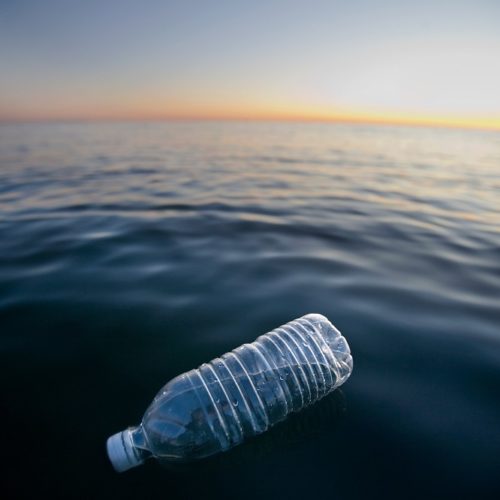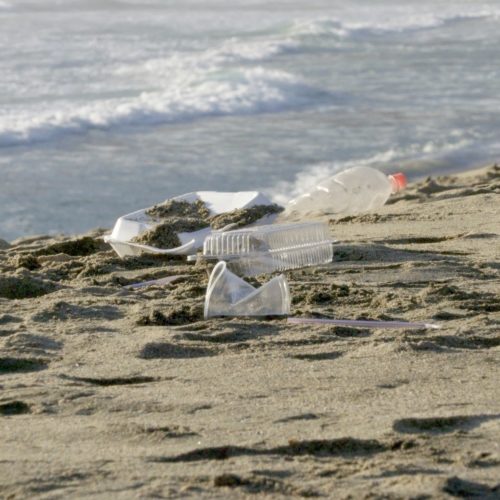The Problem
Plastic bottles produced and sold by beverage companies are a major source of marine pollution. Based on data from the International Coastal Cleanup analyzed by Oceana, plastic bottles were #1 out of the Top 10 most commonly found plastic items in beach clean-ups in 2017, when measured by weight. Additionally, PET plastic bottles – which sink when uncapped – have been found in the water column and on the seafloor. As much as 94% of ocean plastic has been estimated to be below the surface of the ocean.
Oceana analysis found that in 2018, the equivalent of 21 to 34 billion one-liter PET bottles generated by the non-alcoholic beverages industry reached the ocean, representing 706,000 to 1.1 million metric tons of plastic bottle waste.
Beverage companies have made pledges to increase recycled content in their bottles and to buy more recycled PET. Unfortunately, just 9% of all of the plastic waste ever generated has been recycled, and recycling rates are declining in countries like the United States.
Fortunately, the leading global beverage companies already have a system in place around the world that can, if scaled, effectively reduce marine plastic bottle pollution: Refillables.
DOWNLOAD THE REPORT
JUST ONE WORD: REFILLABLES
How the soft drink industry can – right now – reduce marine plastic pollution by billions of bottles each year.
What Beverage Companies Should Do
By increasing the market share of soft drinks and water sold in refillable bottles – in place of single-use throwaway PET bottles – by just 10%, the beverage industry could decrease marine plastic pollution by 4.5 billion to 7.6 billion bottles each year, a 22% decrease.
Refillable bottles were introduced by Coca-Cola in the 1940s. While many consumers remember the iconic glass refillable bottles, both glass and PET plastic refillable bottles are now widely used in, for example, India, Germany, Chile, the Philippines, and Mexico.
Some of the benefits of refillables include:
- Refillable bottle schemes have nearly a 100% success rate for getting the bottle back.
- Refillable bottles are reused 20 to 50 times.
- Refillable bottles can drastically reduce the number of single-use bottles being thrown out.
- Refillable bottles can be a climate-friendly option.
Increasing the share of refillables and decreasing marine plastic pollution by billions of bottles is achievable. Just four companies account for over 40% of sales (in terms of revenue) for the enormous non-alcoholic ready-to-drink market. These companies have the ability to change the overall beverage market, which means that increasing refillables and reducing marine plastic pollution is achievable in the near-term. That’s why Oceana is calling on global beverage companies to commit to substantially reducing plastic production and to increase refillables as a way to achieve this needed goal.



